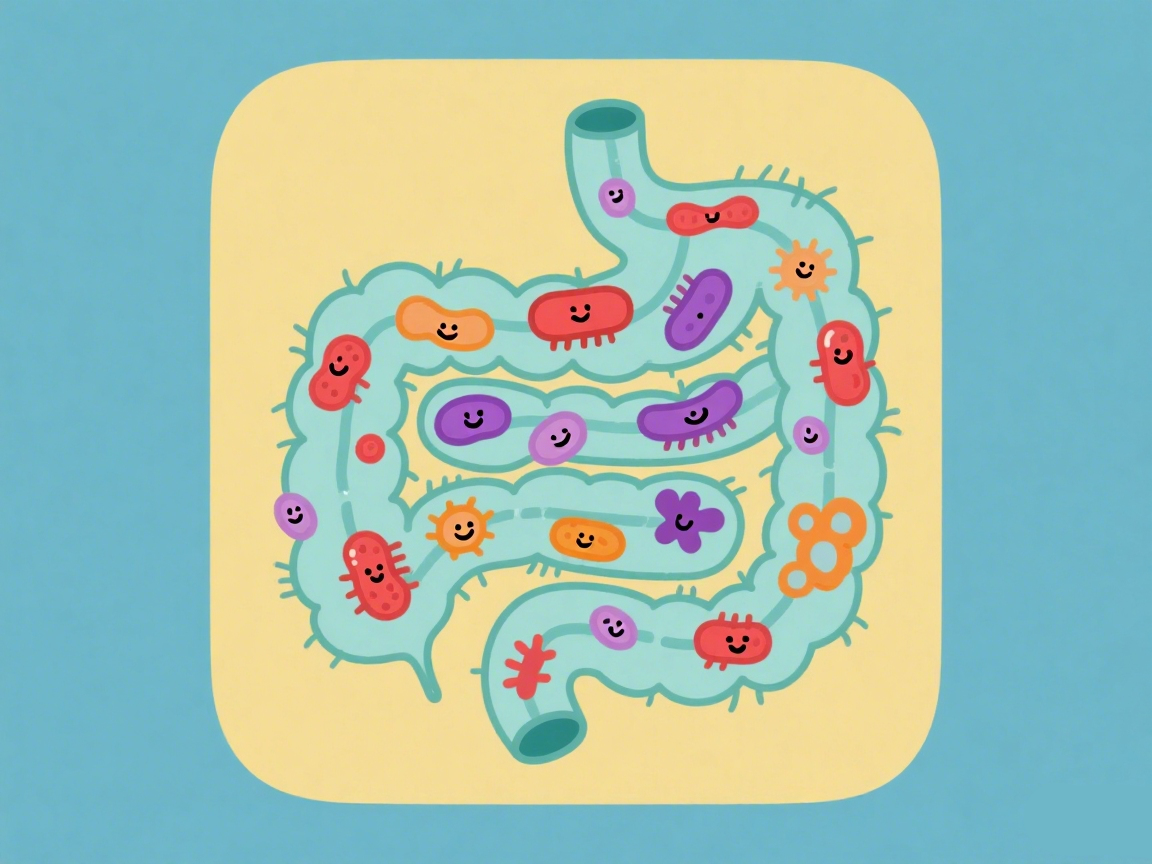Is Just Adding Zinc Enough to Tackle the Summer Eating Challenges?
Summer Loss of Appetite?
Is simply giving your child zinc enough?
High-Temperature Warning
It's that time of year again – the scorching summer days when both adults and children lose their appetite. Many sources suggest that adding zinc in summer can improve poor appetite and turn your child into a great eater. But is this true?
Why Does Zinc Deficiency Affect Appetite?
 Firstly, zinc is indeed an important element for children's growth and development. It's closely related to various enzymes and is known as the "Flower of Life." Furthermore, zinc combines with salivary protein to form gustin, which can enhance appetite.
Firstly, zinc is indeed an important element for children's growth and development. It's closely related to various enzymes and is known as the "Flower of Life." Furthermore, zinc combines with salivary protein to form gustin, which can enhance appetite.
Children deficient in zinc may experience affected taste and appetite, or even pica. However, this doesn't mean all loss of appetite is caused by zinc deficiency.
If a child shows several symptoms of zinc deficiency simultaneously – such as poor appetite, hair loss, frequent illness, and developmental delays – it's necessary to check if their daily diet lacks natural zinc-rich foods like red meat, poultry, fish, shellfish, legumes, etc. A comprehensive assessment is more scientific.
High Summer Temperatures Affect Gut Function More
 Besides zinc deficiency, summer anorexia is often more influenced by the impact of high temperatures on overall intestinal function.
Besides zinc deficiency, summer anorexia is often more influenced by the impact of high temperatures on overall intestinal function.
In high-temperature environments, the body's metabolism slows down, the digestive and transformative capacities of the intestines, spleen, and stomach weaken, and the secretion of digestive juices decreases. If children often consume cold foods and drinks, it further damages the spleen and stomach, leading to even poorer digestion.
When the stomach and intestines cannot digest that much food, the brain gradually receives feedback and further inhibits the appetite center.
More simply put, zinc deficiency affects more the taste level – the child finds food doesn't taste good, so they don't want to eat. Summer's impact on the gut, however, makes it so the less the child can eat, the less they want to eat.
Therefore, besides supplementing zinc, it's also essential to address children's gut issues in summer – otherwise, they still won't eat well!
Growth and Immunity are Hidden Levels
 Paying attention to gut health in summer isn't just about solving eating problems; it also significantly impacts growth and immunity.
Paying attention to gut health in summer isn't just about solving eating problems; it also significantly impacts growth and immunity.
After every summer vacation, some children shoot up several centimeters, while others remain the same height, still destined for the front-row seats. Whether the vacation was used effectively – with adequate nutrition and exercise – the difference is clear at a glance.
Facing the summer heat 'villain', good gut health is crucial for proper digestion and absorption of all nutrients. For exercise, pay attention to sun protection and heatstroke prevention, avoiding the noon and early afternoon hours. Choose indoor, shaded environments. Younger kids can do more reach jumps; older children are recommended activities like swimming, basketball, or aerobics that involve plenty of stretching.
Additionally, high temperatures make food spoil more easily, and various pathogens survive and spread more readily. Summer is also a peak season for gastrointestinal issues. As the gut houses 70%-80% of the body's immune cells, the state of its microbiota directly affects immunity.
What you see might just be a child's eating problem, but taking good care of the gut can solve three major challenges at once!
Dietary Tips for Summer Gut Health
 Now you understand – summer isn't just about adding zinc for kids. Here are the key points for nurturing their intestines – take notes!
Now you understand – summer isn't just about adding zinc for kids. Here are the key points for nurturing their intestines – take notes!
Moderation with Cold Foods
Watermelon, cold drinks, ice cream – they're truly enjoyable, but the damage to the spleen and stomach is real. The younger the child, the less resilient their gut is to the cold. Short-term, it can easily cause stomach upset; long-term, it can lead to spleen and stomach weakness. Alternatives like room-temperature barley water, mung bean soup, or sour plum drink can be used, but portion control is still important.
Flavor Adjustments
In summer, incorporate some sour or bitter ingredients. Sour foods like tomatoes, hawthorn, and lemon can promote saliva secretion and digestive enzyme activity. Bitter ingredients like bitter gourd, lotus seed hearts, and lily bulbs can help strengthen the spleen, dispel dampness, clear the heart, and reduce internal heat.
Microbial Support
When it comes to the gut, microbiota naturally comes to mind. When beneficial bacteria dominate and bad bacteria are suppressed from causing trouble, a balanced and stable gut environment greatly benefits nutrient absorption and increases intestinal motility!
Summer Benefits
Choosing Probiotics for Children in Summer
For greater peace of mind, look for a Clean Label and strains suitable from 0 years.
Sunlife Quality probiotics imported from New Zealand.
Here's how to make the right choice!
 For Allergy-Prone Babies: Choose Drops
For Allergy-Prone Babies: Choose Drops
The ingredient list contains only probiotics + carrier oil, nothing else!
Authoritatively tested and free from 8 common allergens.
Super easy dosing – drops can go directly into the mouth or be mixed with food.
For Non-Allergy-Prone Babies: Choose Classic Powder Version
Formulated milk powder type, based on New Zealand pasture-fed milk powder.
Each sachet contains 10 billion live bacteria + prebiotics + lactase.
Convenient, portable, rich and aromatic – tasty and easy to use



